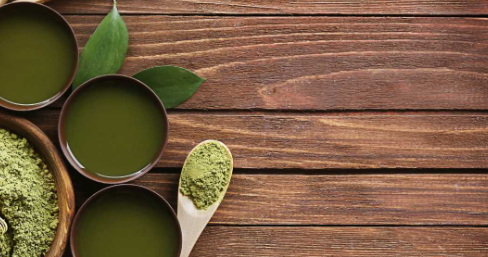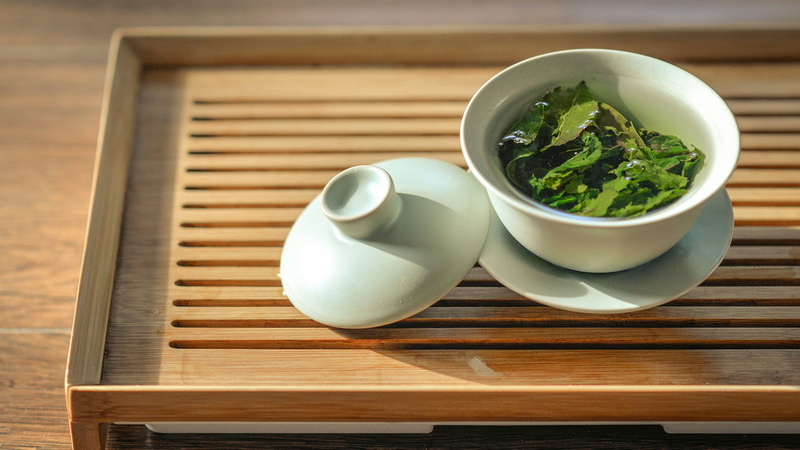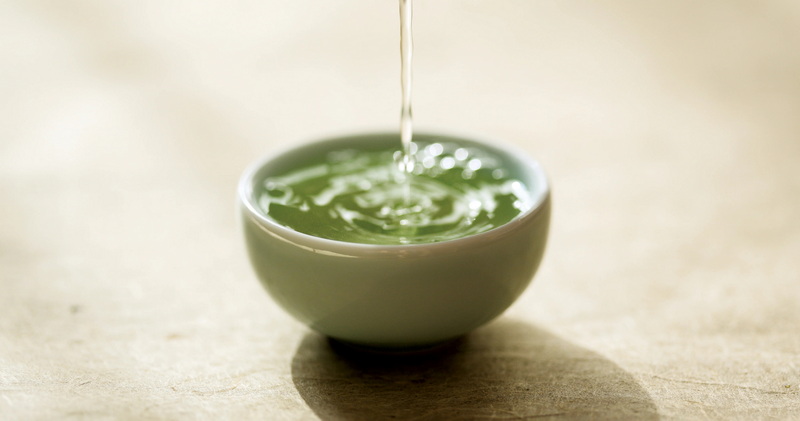Content Menu
● Introduction to L-Theanine
● Extraction and Purification Processes
>> Step 1: Tea Leaf Extraction
>> Step 2: Filtration
>> Step 3: Microfiltration and Nanofiltration
>> Step 4: Adsorption and Concentration
>> Step 5: Crystallization
● Quality Control Measures
>> High-Performance Liquid Chromatography (HPLC)
>> Gas Chromatography-Mass Spectrometry (GC-MS)
● Regulatory Compliance
>> Good Manufacturing Practices (GMP)
>> ISO Certification
● Conclusion
● Frequently Asked Questions
>> 1. What is L-theanine and where is it found?
>> 2. How is L-theanine extracted from green tea?
>> 3. What methods are used to ensure the purity of L-theanine products?
>> 4. What are the benefits of consuming L-theanine?
>> 5. How do manufacturing companies achieve a 60% concentration of L-theanine?
● Citations:
Ensuring the purity of L-theanine, a key component found in green tea, is crucial for manufacturing companies that produce high-quality dietary supplements and food additives. L-theanine is renowned for its calming effects and is often used to enhance focus and relaxation. In this article, we will delve into the methods used by Green Tea L-Theanine 60% Manufacturing Companies to ensure product purity, including extraction processes, filtration techniques, and quality control measures.

Introduction to L-Theanine
L-theanine is an amino acid primarily found in the leaves of the Camellia sinensis plant, which is used to make green tea. It is synthesized from glutamic acid and ethylamine by the theanine synthetase enzyme in tea plants. The benefits of L-theanine include reducing stress levels, improving sleep quality, and enhancing cognitive function.
Extraction and Purification Processes
The extraction and purification of L-theanine from green tea involve several steps to ensure high purity and concentration.
Step 1: Tea Leaf Extraction
Green tea leaves are typically extracted with deionized water at temperatures ranging from 75°C to 85°C for about 45 minutes. This process is repeated to maximize the extraction of L-theanine and other beneficial compounds. The choice of water temperature is critical as it affects the solubility of L-theanine and other components.
Step 2: Filtration
After extraction, the liquid is filtered through muslin cloth or a 0.45 μm filter to remove solid particles and impurities. This step is essential for preventing contamination and ensuring clarity of the extract.
Step 3: Microfiltration and Nanofiltration
The filtered extract undergoes microfiltration and nanofiltration to separate L-theanine from other components based on molecular weight. Microfiltration uses membranes with pore sizes less than 0.45 μm, while nanofiltration uses membranes with a molecular weight cut-off (MWCO) of around 1000 Daltons. These processes help in concentrating L-theanine while removing smaller impurities.
Step 4: Adsorption and Concentration
The L-theanine-rich retentate is further purified through adsorption techniques and concentrated to achieve a high concentration of L-theanine. Adsorption involves using materials like activated carbon or silica gel to selectively bind impurities, allowing L-theanine to pass through.
Step 5: Crystallization
For final purification, the concentrated L-theanine solution is subjected to crystallization. This involves cooling the solution slowly to allow L-theanine crystals to form, which are then separated from the mother liquor through centrifugation or filtration.

Quality Control Measures
To ensure the purity of the final product, Green Tea L-Theanine 60% Manufacturing Companies implement rigorous quality control measures.
High-Performance Liquid Chromatography (HPLC)
HPLC is used to analyze the purity and concentration of L-theanine in the final product. This method helps in identifying and quantifying L-theanine accurately by separating it from other compounds based on its retention time and UV absorbance.
Gas Chromatography-Mass Spectrometry (GC-MS)
GC-MS is another analytical technique used to confirm the identity and purity of L-theanine. It separates compounds based on their boiling points and mass-to-charge ratios, providing detailed information about the molecular structure.
Regulatory Compliance
Manufacturing companies must comply with regulatory standards set by organizations such as the FDA (U.S. Food and Drug Administration) and EFSA (European Food Safety Authority). These regulations ensure that the products are safe for consumption and meet specific purity standards.
Good Manufacturing Practices (GMP)
GMP guidelines are followed to maintain a clean and controlled environment during production. This includes proper sanitation, equipment maintenance, and employee training to prevent contamination and ensure product consistency.
ISO Certification
Many Green Tea L-Theanine 60% Manufacturing Companies obtain ISO certifications (e.g., ISO 9001 for quality management and ISO 22000 for food safety) to demonstrate their commitment to quality and safety standards.
Conclusion
Ensuring the purity of L-theanine products is essential for maintaining their efficacy and safety. Green Tea L-Theanine 60% Manufacturing Companies employ advanced extraction and purification techniques, along with stringent quality control measures, to produce high-quality products. By understanding these processes, consumers can appreciate the effort that goes into creating reliable dietary supplements.

Frequently Asked Questions
1. What is L-theanine and where is it found?
L-theanine is an amino acid primarily found in the leaves of the Camellia sinensis plant, which is used to make green tea. It is known for its calming effects and is often used in dietary supplements.
2. How is L-theanine extracted from green tea?
L-theanine is extracted from green tea leaves using hot water, followed by filtration and purification processes such as microfiltration and nanofiltration.
3. What methods are used to ensure the purity of L-theanine products?
To ensure purity, L-theanine products undergo rigorous quality control measures including HPLC analysis and other chromatographic techniques.
4. What are the benefits of consuming L-theanine?
L-theanine is beneficial for reducing stress, improving sleep quality, and enhancing cognitive function. It is also known to promote relaxation without causing drowsiness.
5. How do manufacturing companies achieve a 60% concentration of L-theanine?
Manufacturing companies achieve a 60% concentration of L-theanine through repeated extraction and purification steps, including adsorption and concentration techniques.
Citations:
[1] https://patents.google.com/patent/US7303773B2/en
[2] https://patents.google.com/patent/CN104366510A/zh
[3] https://pmc.ncbi.nlm.nih.gov/articles/PMC8208135/
[4] https://www.medicalnewstoday.com/articles/324120
[5] https://pmc.ncbi.nlm.nih.gov/articles/PMC9261829/
[6] https://pmc.ncbi.nlm.nih.gov/articles/PMC9014247/
[7] https://patents.google.com/patent/JP2009225705A/en
[8] https://www.webmd.com/vitamins-and-supplements/theanine-uses-and-risks






























